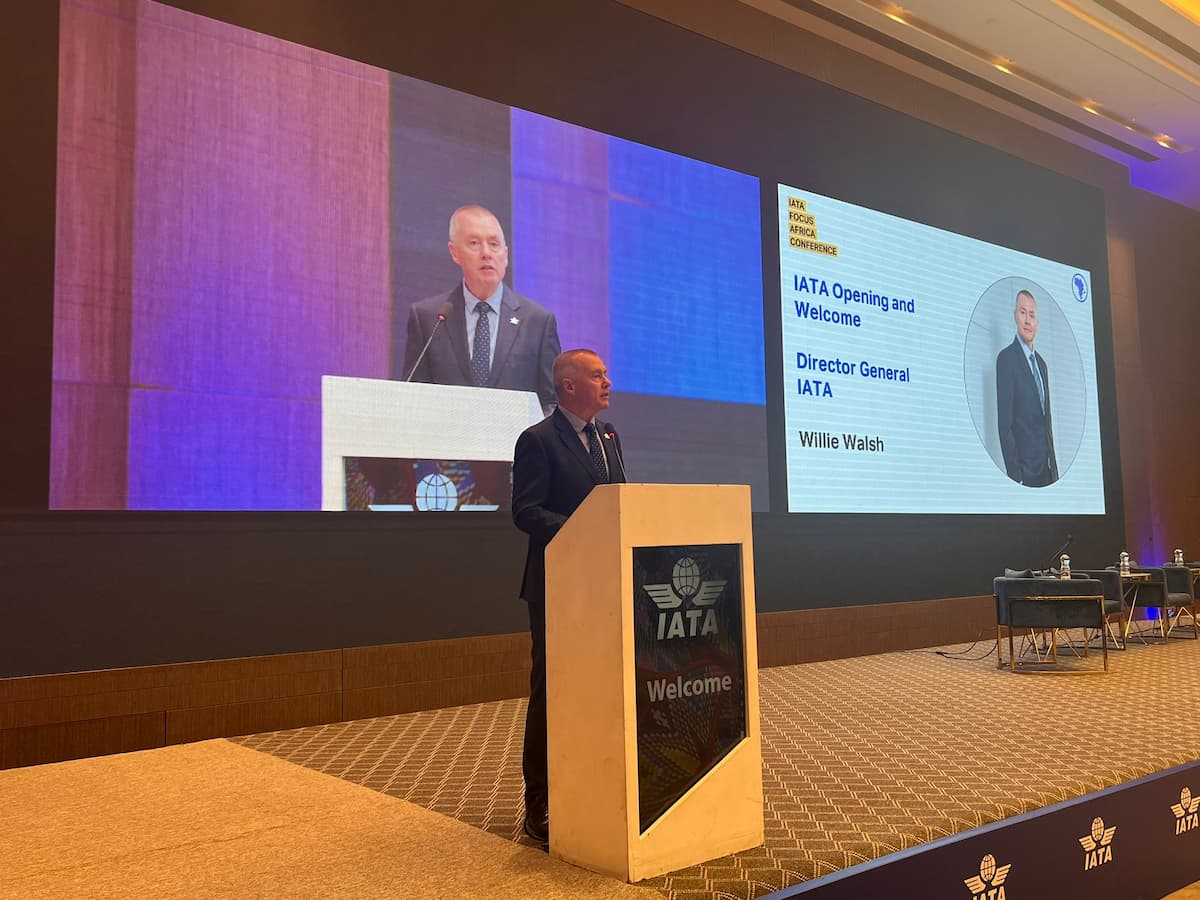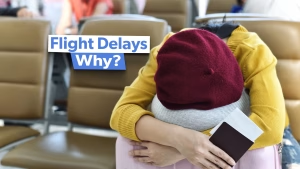The International Air Transport Association (IATA) is launching a new program to enhance safety in the aviation industry. The Collaborative Aviation Safety Improvement Program (CASIP) will significantly reduce the rate of accidents and fatal incidents across the continent.
The program is part of the IATA Focus Africa initiative and was first announced in Addis Ababa in the presence of most African aviation stakeholders. Focus Africa is meant to enhance aviation’s contribution to the continent’s development, and safety is one of the critical areas that must be addressed.
Partnering for safer skies
Although air travel is the safest mode of transport, much work must be done to make the African skies safer. CASIP launch partners include the International Civil Aviation Organization (ICAO), the African Civil Aviation Commission (AFCAC), the US Federal Aviation Administration (FAA), the Airlines Association of Southern Africa (AASA), and Boeing.
Together, these partners will immediately address the most significant safety concerns and pool their resources to ensure air travel’s safety, reliability, and efficiency on the continent. The African aviation sector is expected to grow rapidly in the next decade, which similarly increases the risk of air incidents.
CASIP partners will use their safety management systems to identify some of these risks, collaboratively develop solutions and analyze the data to inform their decisions. The benefits of enhanced safety will be realized across the economies and societies of the continent. IATA Director General Willie Walsh said;
“Improving aviation safety will play an important role in Africa’s overall development. Safe, efficient, and reliable air connectivity is a major driving contribution to the UN’s Sustainable Development Goals. In that sense, CASIP will make it clear to governments across the continent that aviation must be prioritized as an integral part of national development strategies. With such broad benefits at stake, we hope that other parties will be encouraged to join the CASIP effort”
Safety enhancement involves all stakeholders, including regulatory authorities, air navigation service providers, airline operators, and airport managers, to mention a few. CASIP allows them to unite and ensure safer skies for Africa.
Following global standards
An essential step towards safety improvement is the effective use of global standards for safety. At the government level, an effective measure is the implementation of the ICAO Standards and Recommended Practises (SARPs).
These are intended to assist states in managing aviation safety risks in line with the service providers’ implementation of safety management systems. Data from 2022 shows that only 28 of the 54 African nations reached an effective implementation rate for ICAO SARPs of at least 60%, leaving a lot of room for improvement.
One of the 28 countries is South Africa, which has one of the highest safety standards in the world. The country recently went through an ICAO Universal Safety Oversight Audit Program (USOAP) and received an impressive, effective implementation score of 92%.
This is a 4.6% increase from the last audit five years ago, highlighting the South African Civil Aviation Authority’s (SACAA) commitment to continual safety enhancements.
Ensuring organizational safety
While working to improve safety on the continent, CASIP partners will identify deficiencies in operational safety and implement corrective plans. Additionally, they will launch safety training programs around the continent and make safety-related data available to decision-makers to ensure efficient accident and incident reporting.
Accident reports have proven that poor safety culture in an organization increases safety risks and the probability of severe incidents. IATA has identified that enabling an organizational safety culture requires the application of all employees, starting with the leaders. Willie Walsh added;
“Improving safety performance is a priority for Africa. And we don’t need to reinvent the wheel to deliver the needed results. Collaborative safety teams in Latin America have demonstrated that safety improves when government and industry work together to implement global standards. By working together, the partners will pool resources to have a greater impact on areas where risk can be reduced, leading to measurable improvements in safety.”
The program will be followed at every organizational level and eventually in all African regions. About the partnership, Boeing Director of Safety and Regulatory Affairs, Middle East and Africa Akachi Iroezi said, “From the OEM perspective, there are certain aspects of learning and improvement that we get from working together with the wider industry, and those cannot be discounted.”
SOURCE: Simpleflying






